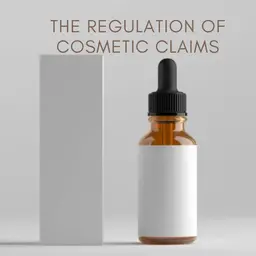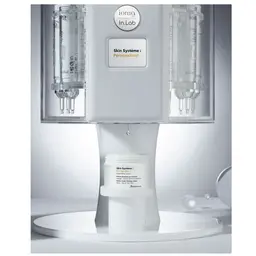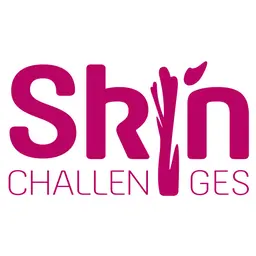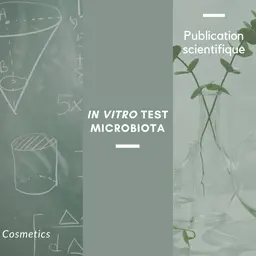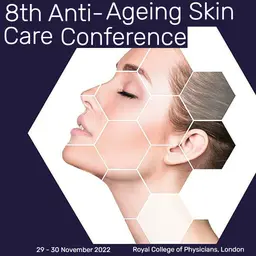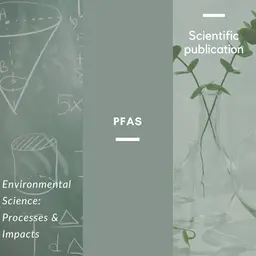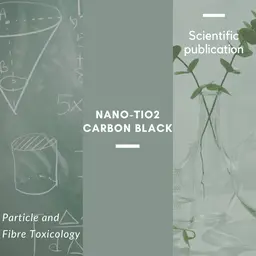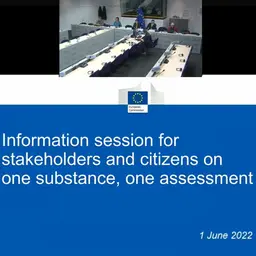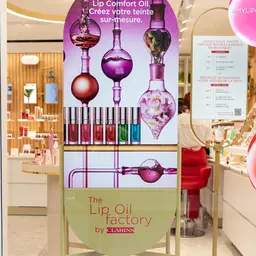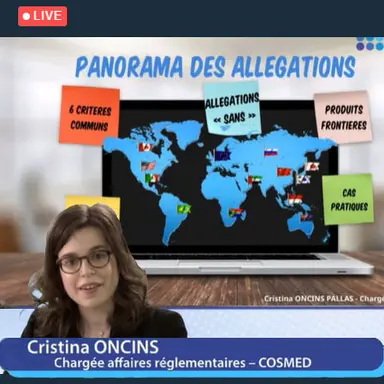
It is now well known that “Free-from…” claims are particularly in the crosshairs of regulatory and control authorities in Europe, and that most of them are, in fact, banned. But what about elsewhere in the world? Are there regions where it is possible to continue using them? During the International Meeting organised on 25 March 2021, Cristina Oncins Pallas, Cosmed’s International Regulatory Affairs Officer, proposed a world tour of “Free-from…” claims and the regulatory obligations that surround them.
At the beginning are the Common Criteria “for the justification of claims used in relation to cosmetic products”… Established by the European Regulation 655/2013, there are six of them:
• The “Legal compliance” criterion, which prohibits claiming that the product complies with the regulations in force, or that the product has been authorised or approved by a competent authority
• The “Truthfulness” criterion, which implies that the claim must be true, and that, for example, a claim about the properties of an ingredient should not imply that the finished product has the same properties if this is not the case
• The “Evidential support” criterion, which requires that evidence be available to substantiate the claim (except in the case of clearly exaggerated claims that cannot be taken at face value (e.g. the classic “this perfume gives you wings”…)
• The “Honesty” criterion, which prohibits claims that go beyond the available evidence or that attribute to the product characteristics that are presented as unique if similar products have the same characteristics
• The “Fairness” criterion, which requires that a claim should not disparage competitors or ingredients used by others legally (the traditional “Paraben-free” is cited here…),
• The “IInformed decision-making” criterion, …

